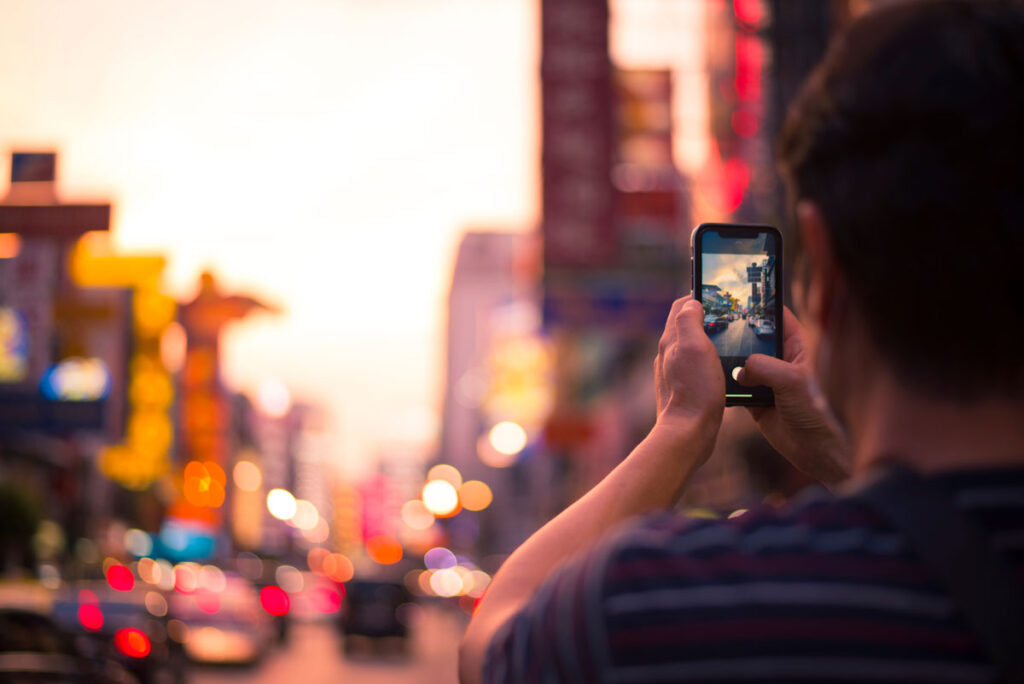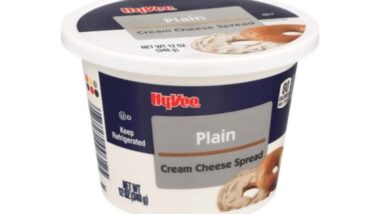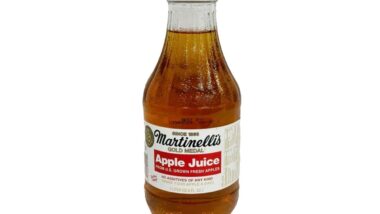Top Class Actions’s website and social media posts use affiliate links. If you make a purchase using such links, we may receive a commission, but it will not result in any additional charges to you. Please review our Affiliate Link Disclosure for more information.

Update:
- A federal judge in California dismissed most of the claims in a class action lawsuit claiming Stability AI and others used artists’ work without consent to create an artificial intelligence art program called Stable Diffusion.
- U.S. District Judge William H. Orrick ruled Plaintiffs Sarah Anderson, Kelly McKernan and Karla Ortiz must further prove Stability AI directly infringed their copyright and show more specifics on how the company used compressed images with their art to create the AI.
- For now, the judge dismissed all claims except for the direct copyright infringement claim from Anderson but allowed leave for the plaintiffs to amend the suit.
AI image generators lawsuit overview:
- Who: A group of artists is suing Stability AI, Midjourney and DeviantArt.
- Why: The artists allege their work was used to train the AI art generators without their permission or compensation.
- Where: The AI image generators lawsuit was filed in a California federal court.
(Jan. 18, 2023)
A group of artists is suing a range of AI art companies alleging the companies illegally used billions of copyrighted pieces of art to train their AI art generators without compensating or asking consent from the artists.
Artists Sarah Andersen, Kelly McKernan and Karla Ortiz filed the class action lawsuit against Stability AI, Midjourney and DeviantArt on Jan. 13 in a California federal court, alleging violations of copyright, publicity and competition laws.
According to the lawsuit, the defendant companies all use Stable Diffusion, an artificial intelligence product.
The plaintiffs say this product was trained on “billions of copyrighted images” contained in the LAION-5B dataset, which were downloaded and used without compensation or consent from the artists.
“If Stable Diffusion and similar products are allowed to continue to operate as they do now, the foreseeable result is they will replace the very artists whose stolen works power these AI products with whom they are competing,” the plaintiffs say.
They add that they fear the products will eliminate “artist” as a viable career path.
Artists aim to block future unauthorized use of images
The lawsuit alleges that, since its founding in 2000, DeviantArt has grown to be a haven for artists sharing digital images of their artwork. However, at the same time, it offers DreamUp, a product that allegedly “unlawfully infringes on the rights of its own art community.”
“To add insult to injury, a large portion of the training data for Stable Diffusion — which powers DreamUp — was made up of images scraped from DeviantArt without permission from the artists that posted them,” the lawsuit states.
The plaintiffs are suing for violations of the Digital Millennium Copyright Act, copyright infringement, right of publicity violations, breach of the DeviantArt Terms of Service, unfair competition and unjust enrichment.
They are looking to represent a class of artists harmed by the AI art companies and seek certification of the class action, damages and injunctive relief to compensate the class and protect it from future alleged harm.
In 2021, California activists filed a lawsuit against Clearview AI, alleging the company allows law enforcement agencies to access its massive facial recognition database to track and monitor dissident voices.
The company is accused of scraping the internet and collecting the images and information of billions of people without their consent or knowledge.
What do you think of companies using artist images to train AI? Let us know in the comments.
The plaintiffs are represented by Joseph R. Saveri, Cadio Zirpoli, Christopher K.L. Young, Elissa A.
Buchanan, Louis Andrew Kessler and Travis Manfredi of Joseph Saveri Law Firm LLP; Arielle S.
Wagner, Brian D. Clark, Eura Chang and Laura Matson of Lockridge Grindal Nauen PLLP; and
Matthew Butterick.
The AI image generators class action lawsuit is Andersen, et al. v. Stability AI Ltd., et al., Case No. 3:23-cv-00201, in the U.S. District Court for the Northern District of California, San Francisco Division.
Don’t Miss Out!
Check out our list of Class Action Lawsuits and Class Action Settlements you may qualify to join!
Read About More Class Action Lawsuits & Class Action Settlements:
- Southwest class action alleges airline knew systems needed upgrading prior to outage
- ESPN, Disney lawsuit alleges workers fired after COVID religious exemption denial
- LG smart TV recall announced due to tip-over, entrapment hazards
- Consumers file class actions after report reveals heavy metals in dark chocolate















One thought on Judge trims AI art copyright class action, allows amendment
Add me